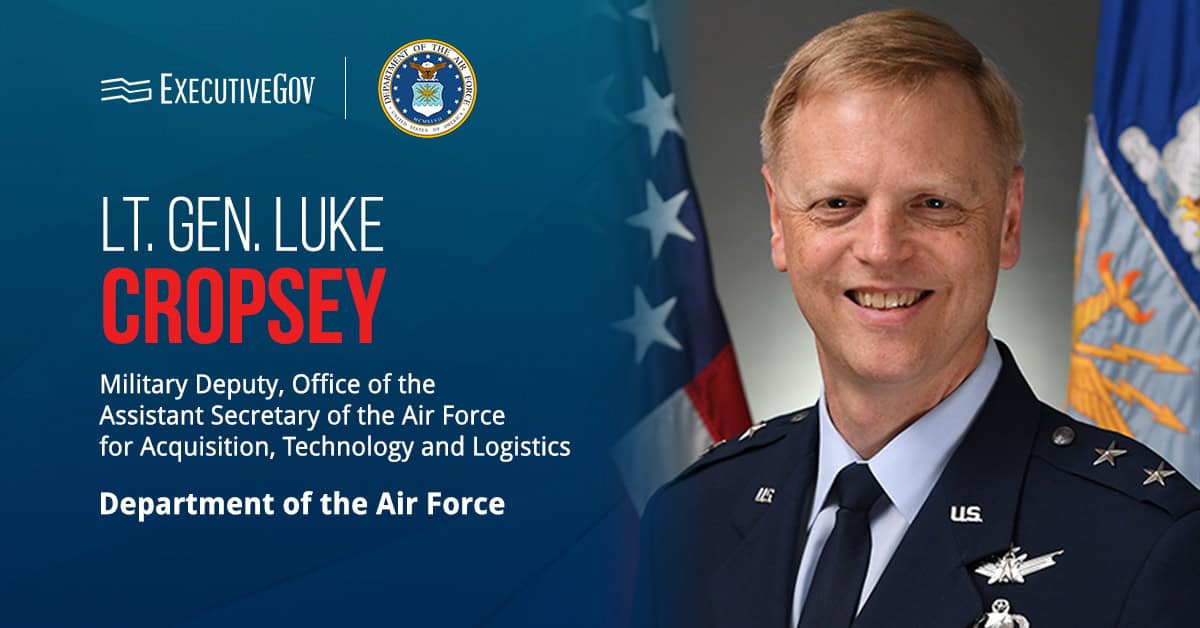
Jerry Cook, formerly deputy director at NASA’s Stennis Space Center, has been appointed deputy director of the Space Launch System program at the agency’s Marshall Space Flight Center.
Cook assumed the role in December 2015 and oversees procurement, technical planning, testing, production, evaluation and testing operations related to the SLS program, NASA said Saturday.
The 31-year NASA veteran’s career includes roles such as test engineer at Marshall center’s technology evaluation department, chief engineer for exploration systems development and test conductor for the Space Shuttle Main Engine Test Program.
Cook is an advisory board member of the University of Alabama’s mechanical engineering department and has written books on propulsion and aerospace.





